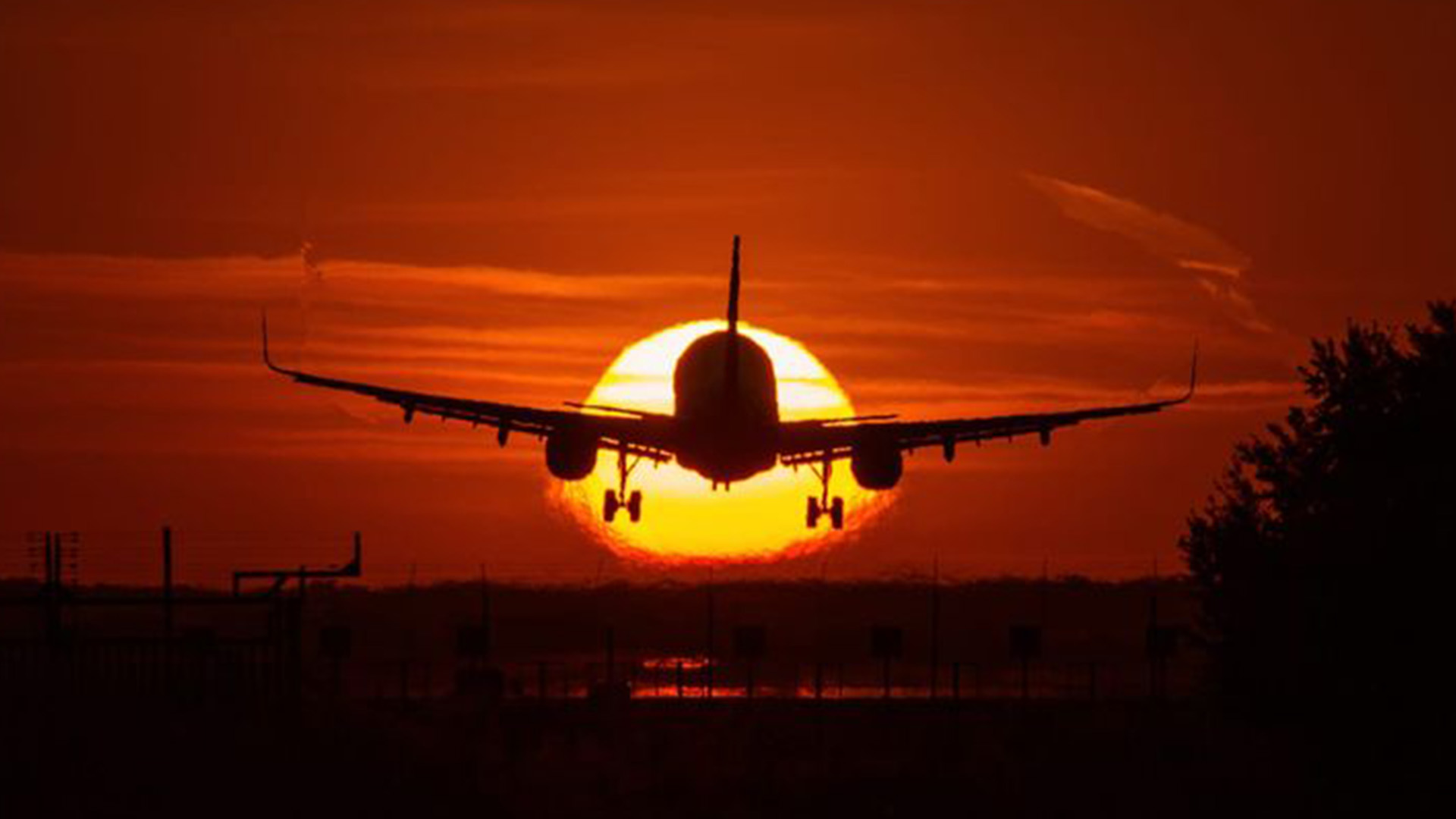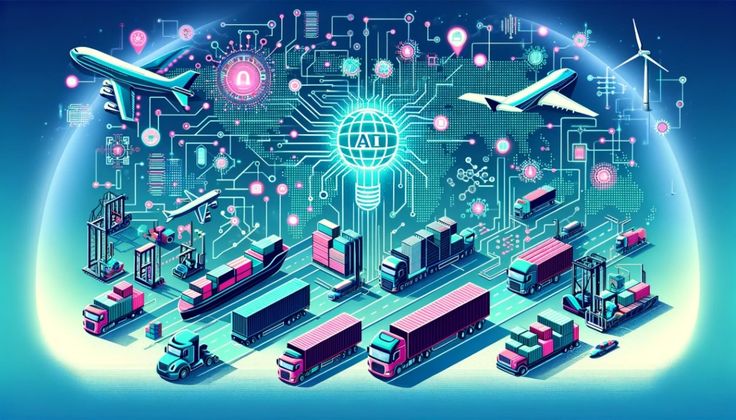Call Now: +91 77360 23040
The Role of Aviation Institutes in Enhancing Airline Customer Experience Training

27, Mar 2025
The Role of Aviation Institutes in Enhancing Airline Customer Experience Training
In today’s extremely competitive airline sector, customer experience is an important distinction. With passengers demanding seamless travel, personalized services, and outstanding in-flight experiences, airlines are concentrating on improving every aspect of the customer journey. Aviation institutes play an important role in this shift by providing specialized training that prepares personnel with the skills and knowledge required to provide excellent customer service.
1. Understanding the Importance of Customer Experience
Customer experience in the airline sector goes beyond a nice seat and a scheduled flight. It covers the full journey, from ticketing to baggage claim. Aviation institutions understand this and focus on comprehensive training programs that cater to the different needs of today’s travelers.
2. Training in Soft Skills
One crucial part of improving the customer experience is developing soft skills. Aviation institutes offer extensive instruction in communication, empathy, cultural sensitivity, and dispute resolution. These talents help airline employees meet a wide range of passenger needs, ensuring that every client feels respected and cared for.
3. Emphasis on Crisis Management
Disruptions like airline delays, cancellations, and lost baggage can have a big influence on consumer satisfaction. Aviation schools train students to address these challenges professionally and tactfully. They ensure that airline personnel can turn unpleasant situations into great client experiences by teaching them excellent problem-solving and stress-management skills.
4. Leveraging Technology for Personalized Services
Technology has a significant impact on consumer experience in an era of digital transformation. Aviation institutes educate students on the most recent tools and systems for passenger data management, real-time flight updates, and personalized services. Understanding these technologies will enable future airline personnel to provide targeted solutions that increase passenger pleasure.
5. Cultural Awareness and Inclusivity
Airlines serve passengers from all over the world, making cultural understanding and inclusivity critical components of customer service training. Aviation Academy provides courses to help students learn and respect various cultural conventions and practices. This training guarantees that all travelers, regardless of background, are welcomed and valued.
6. Focusing on In-Flight Service Excellence
The in-flight experience contributes significantly to client happiness. Aviation institutes give cabin crew hands-on training in delivering superior in-flight services such as hospitality, meal service, and handling passenger issues. They also teach crew members to manage medical crises and assure passenger safety, which adds to the overall enjoyable experience.
7. Preparing for the Future of Airline Customer Experience
As the airline industry changes, so do passenger expectations. Aviation institutes stay ahead of the curve by incorporating developing concepts into their courses. Training programs now include lessons on sustainability, accessibility, and advanced personalization technology, preparing students to meet the needs of future air travel.
8. Collaboration with Airlines
Many aviation institutions work with major airlines to develop training programs that meet real-world standards. Internships, guest lectures, and mentorship programs provide students with firsthand industry experience. This practical experience guarantees that graduates are well-prepared to face the challenges of airline customer service positions.
Conclusion
Aviation institutes are critical in improving airline customer experience training. They teach workers to meet and exceed passenger expectations by emphasizing soft skills such as crisis management, technological integration, and cultural understanding. As the airline industry prioritizes customer experience, aviation institutions will continue to play an important role in developing talented, empathic, and inventive airline crew capable of providing outstanding service at all touchpoints.




